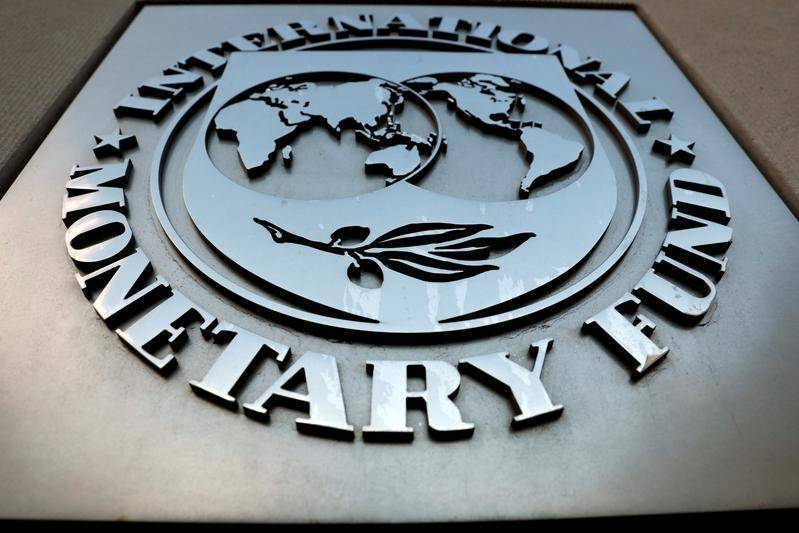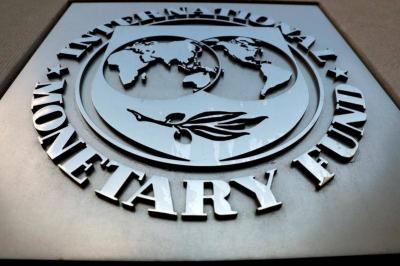Lebanon received $1.1 billion from the International Monetary Fund (IMF) in 2021 as Special Drawing Rights (SDRs). Approximately $747 million has been spent, leaving only $392 million. What are these funds? Why did Lebanon receive them? And how were they spent?
On September 17, 2021, Lebanon's Ministry of Finance, headed by Dr. Youssef Khalil, announced that Lebanon’s SDRs had been credited to the Ministry's account at the Central Bank, totaling $1,139,951,437.
What does the term SDR mean?
Special Drawing Rights is an international reserve asset, interest-generating, created by the IMF in 1969 to supplement member countries' other reserve assets. The value of SDRs is based on a basket of international currencies, including the US dollar, Japanese yen, euro, British pound, and Chinese yuan. SDRs are not a currency nor a claim on the IMF, but a potential claim on freely usable currencies of member countries.
How did Lebanon obtain these funds?
On September 16, 2021, the Lebanese Ministry of Finance officially announced that it received its share of SDRs from the IMF, amounting to $1.139 billion, and deposited it in an account at the Central Bank. This decision was made during the COVID-19 pandemic when the IMF decided to allocate funds to countries needing financial resources, according to their contributions and membership size.
How are Special Drawing Rights used?
In a statement to "Wardena," economist Khaled Abu Chakra indicated that the Ministry of Finance has the right to use SDRs as it sees fit. He noted that there were calls to legislate the use of SDRs in the Parliament, limiting their use for specific purposes to prevent waste, but no laws were implemented. The Lebanese government first used SDRs before the 2022 parliamentary elections, utilizing $60 million for electricity, maintenance, and fuel purchases, along with $35 million monthly for three months for cancer and chronic disease medications, as well as for repaying loans and other international dues.
How does the Special Drawing Rights market work?
SDRs function as a unit of account in the IMF, primarily aimed at addressing exchange rate volatility. For over three decades, the SDR market has operated on a completely voluntary basis, with several member countries and one designated holder agreeing to remain on standby to buy and sell SDRs voluntarily. The IMF facilitates transactions between member countries wishing to buy or sell SDRs in voluntary agreements that effectively create the SDR market. According to the IMF guidelines, participating countries can also engage in bilateral transactions among themselves or with designated holders.
What are the conditions for benefiting from Special Drawing Rights?
The right of a member country to obtain freely convertible currencies in exchange for its SDR share is unconditional. This member can use its SDRs as needed to correct its balance of payments or to enhance its reserves by trading with other members for convertible currencies. This means that SDRs are tradable assets without conditions but in convertible currencies. Consequently, all member countries of the IMF that are participating in SDRs have included their SDRs in their official reserve accounts, and using these rights to obtain convertible currencies incurs a fee to the IMF.
How are SDR allocations determined for each country?
Allocations of SDRs are distributed among member countries in proportion to their membership shares in the IMF, with 42.2% allocated to emerging markets and developing economies, including 3.2% for low-income countries. By helping stabilize emerging markets and developing countries, the allocation of SDRs can mitigate economic and social vulnerability risks, reduce spillover effects, promote international monetary stability, and bolster a resilient global recovery.
What is the interest rate on Special Drawing Rights and how is it determined?
The interest rate on SDRs is determined every Friday based on a weighted average of interest rates on three-month debt in the money markets where the five currencies comprising the SDR basket are traded.
How were SDR allocations distributed among member countries in the context of the general allocation?
General allocations depend on each country's membership share at the time of allocation. Therefore, the general allocation in 2009, valued at $250 billion, amounted to about 74.13% of the allocations for eligible participants. The allocation for emerging markets and developing countries collectively was approximately $100 billion, including $18 billion for low-income countries. The Middle East's share of the 2021 allocation was approximately $47 billion. Although the amounts distributed to countries in need, such as Lebanon ($865 million), were significantly lower than those granted to wealthy countries like the United States ($35 billion), these allocations still provide substantial liquidity to the region in difficult times.
How much has the government spent from the Special Drawing Rights?
According to the Ministry of Finance's figures on spending through January 27, 2023, the expenditures are as follows:
- Approximately $121 million for wheat imports
- Approximately $109 million for loan repayments
- Approximately $223 million for electricity
- Approximately $13 million for passport essentials
- Approximately $243 million for drug imports
- Approximately $683,000 for legal fees owed to the Ministry of Justice
- Approximately $34 million for SDR fees
Thus, total expenditures amount to approximately $747 million, leaving Lebanon with about $392 million in remaining SDR funds. Economist Dr. Ahmad Jaber mentioned in a statement to "Wardena" that the funds allocated to Lebanon were not used appropriately, suggesting that the ruling authority has wasted its SDRs, emphasizing that Lebanese citizens did not benefit from these funds and calling for a reassessment of how these funds were spent.
Funding the Municipal Elections
Recently, there has been increasing discussion about the possibility of using the remaining SDR funds to finance the cost of holding municipal elections, estimated at $9 million. In this context, Abu Chakra noted that given over $600 million has been spent from SDRs, allocating some money for renewing elections would not be detrimental, highlighting that supporting elections today is a developmental need for regions. After the extension of municipal councils, consideration will be given to how the remaining SDR funds will be spent amidst the financial crunch the treasury is experiencing and the competition for priorities, including education support for public schools and the Lebanese University, securing the future of students and the country, electricity, health ministry needs, and treatments for chronic diseases.




